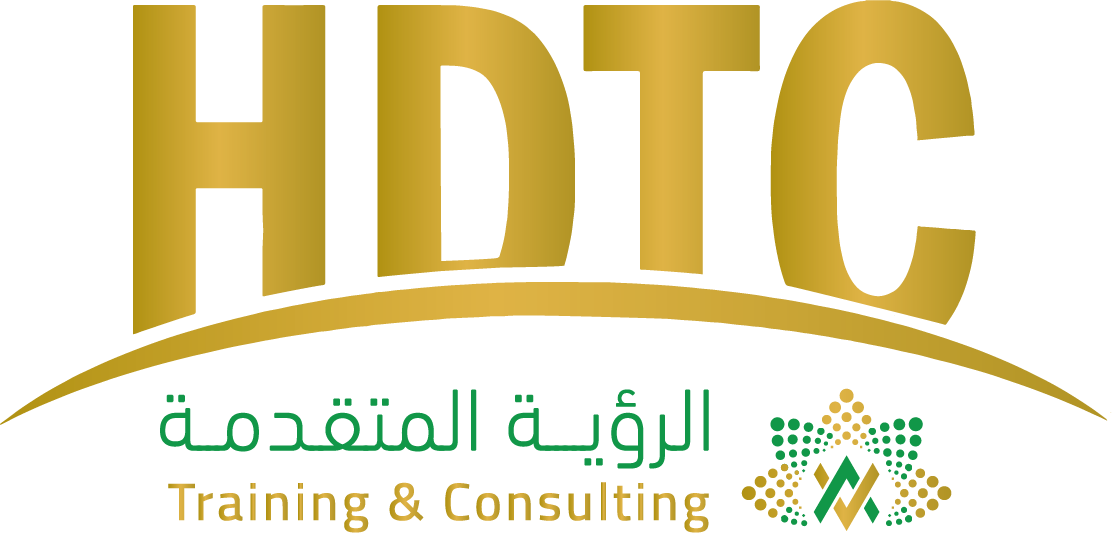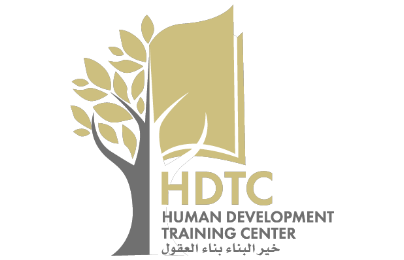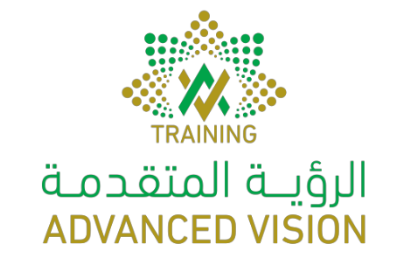
Executive Secretarial Skills - Khubar 23 November 2025
: 203Course Objectives:
Preparing an Executive Secretary Capable of:
• Supervising all administrative and executive tasks.
• Understanding the duties and responsibilities of executive secretarial work.
• Being well-versed in the key factors and skills for success as an executive secretary.
• Completing tasks efficiently and on time.
• Maintaining confidentiality of all organizational information, whether related to business or employees.
• Mastering meeting organization, memo and correspondence coordination, and interpersonal communication skills.
• Having comprehensive knowledge of modern administrative approaches and organizational behavior.
• Applying modern methods and techniques for electronic document and file management.
• Possessing effective strategic thinking skills.
Scientific Themes:
Introduction to Executive Secretarial Work
• Definition of Executive Secretarial Work
• Difference between an Executive Secretary and an Office Manager
• Personal traits and professional skills of an Executive Secretary
• Roles and responsibilities of executive secretarial positions
Characteristics of Modern Offices as a Work Environment
• Layouts of modern offices
• Space planning and design
• Modern tools, equipment, and applications in secretarial work
Planning and Goal-Setting Skills for Executive Secretaries
• Definition, types, and importance of goals
• Vision and mission formulation
• Types and levels of planning
• Problem-solving and decision-making process
Time Management Skills for Executive Secretaries
• What is time management?
• How to manage your boss effectively
• Records and tools for time monitoring
• Common causes of time wasting and how to minimize them
Delegation Skills for Executive Secretaries
• Why delegation is important
• How to delegate effectively
Active Listening Skills for Executive Secretaries
• The importance of listening in executive secretarial work
• Steps to achieving effective listening
Professional Administrative Writing Skills for Executive Secretaries
• Definition and components of a report
• Steps for writing reports
• Characteristics of effective administrative reports
• Stages of report writing
• Administrative correspondence
Interpersonal and Body Language Skills for Executive Secretaries
• Speaking techniques
• The role and importance of body language
• Dealing with visitors and VIPs
• Skills for attractive and persuasive speech
• Vocal control and tone management
• Understanding facial expressions
• Understanding eye contact cues
• Understanding touch and handshake meanings
• Understanding body movement signals
• Effective conversation openings and closings
Meeting Planning and Management Skills for Executive Secretaries
• Planning and organizing meetings
• Managing different personality types in meetings
• Managing meeting time efficiently
• Writing and documenting meeting minutes
• Public speaking skills
Conflict Management Skills in the Workplace
• Definition and nature of workplace conflict
• Methods for resolving and managing conflicts
• Dealing with angry individuals
• Managing different personality types
Occupational Safety and Health in Modern Offices
• Characteristics of a safe work environment
• Handling workplace stress
• Office information systems
• Maintaining an ergonomic workspace
Professional Ethics and Conduct in Executive Secretarial Work
• Global standards for secretarial and office management practices
• Ethical issues related to the profession
Modern Electronic Office Management and Paperless Administration
• Adopting digital tools for secretarial and administrative operations
• Transitioning to an efficient, paperless office environment






